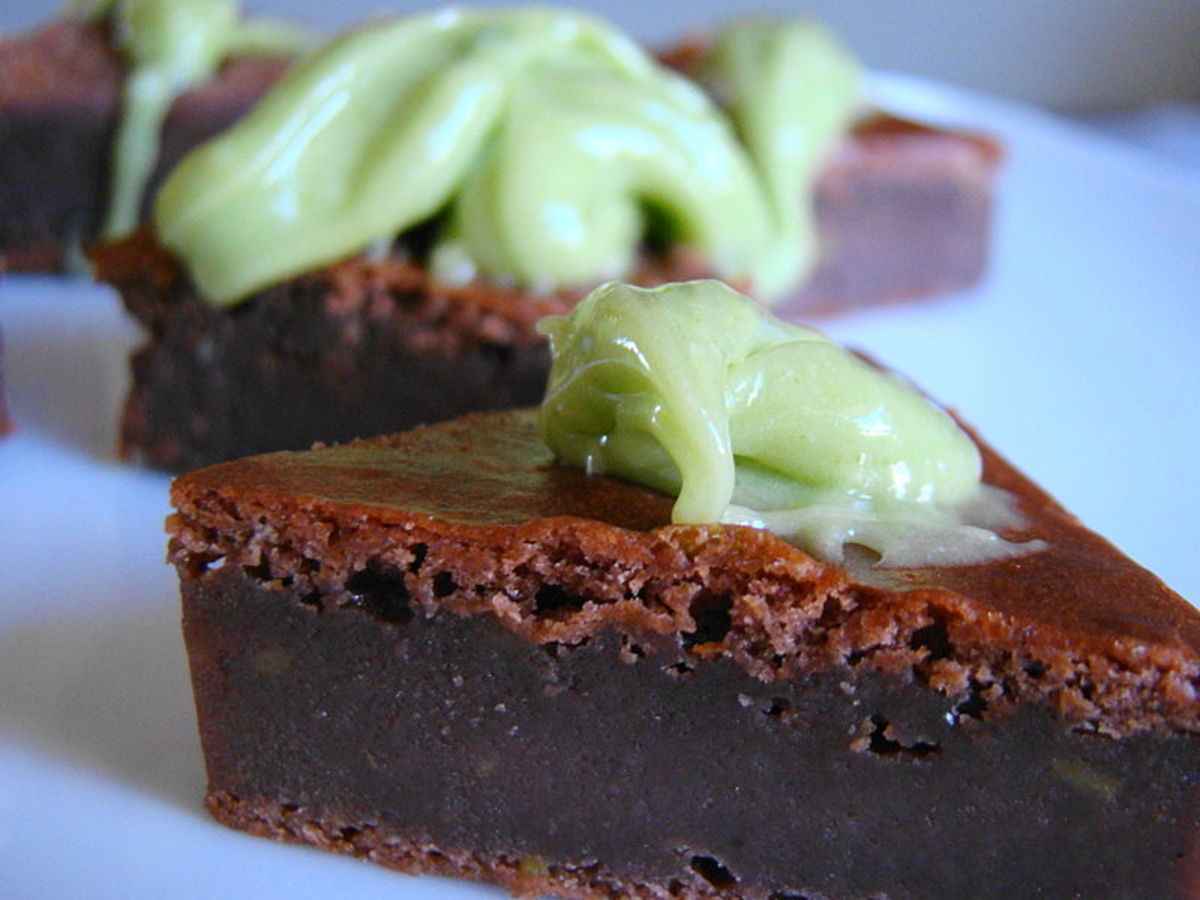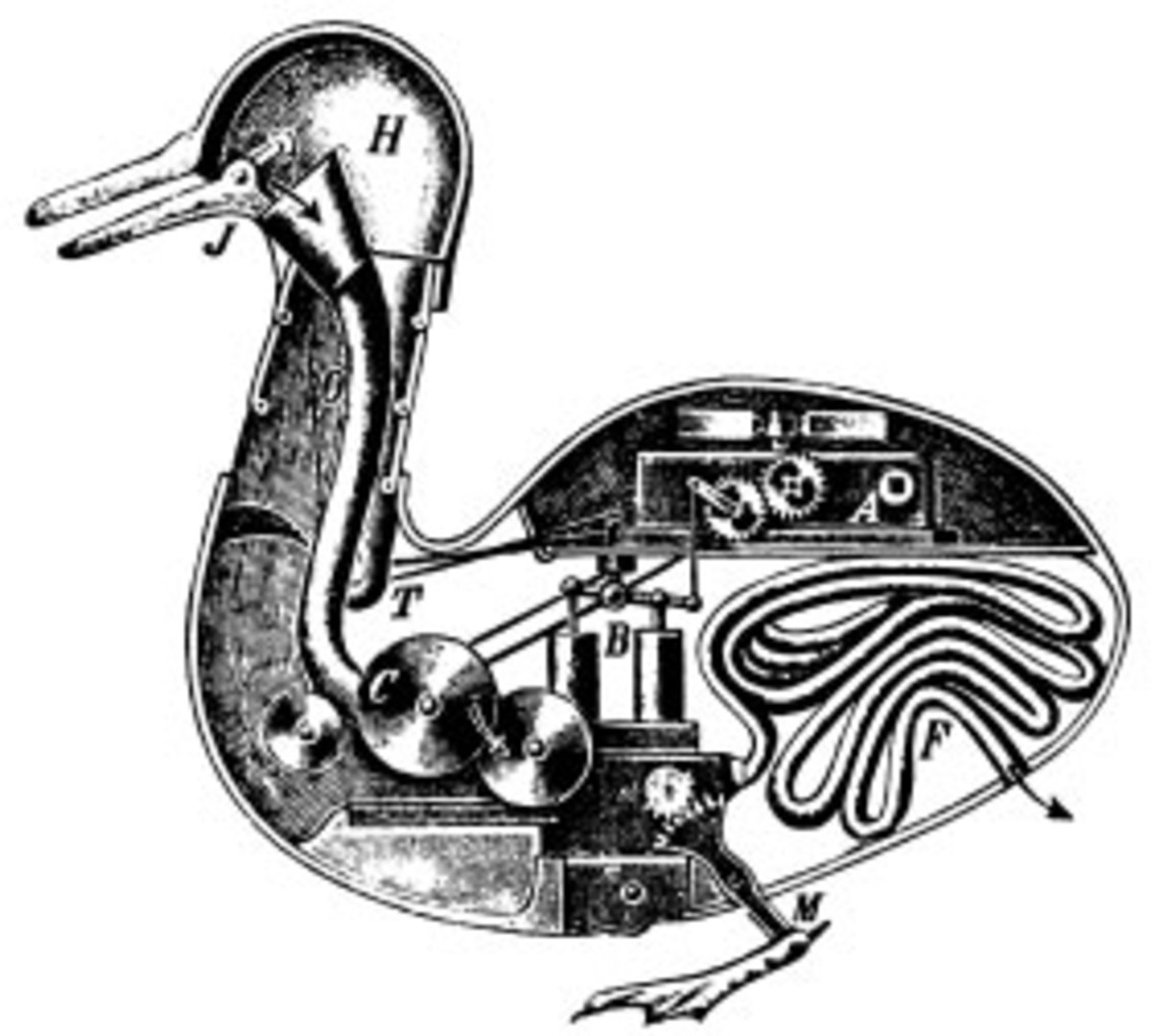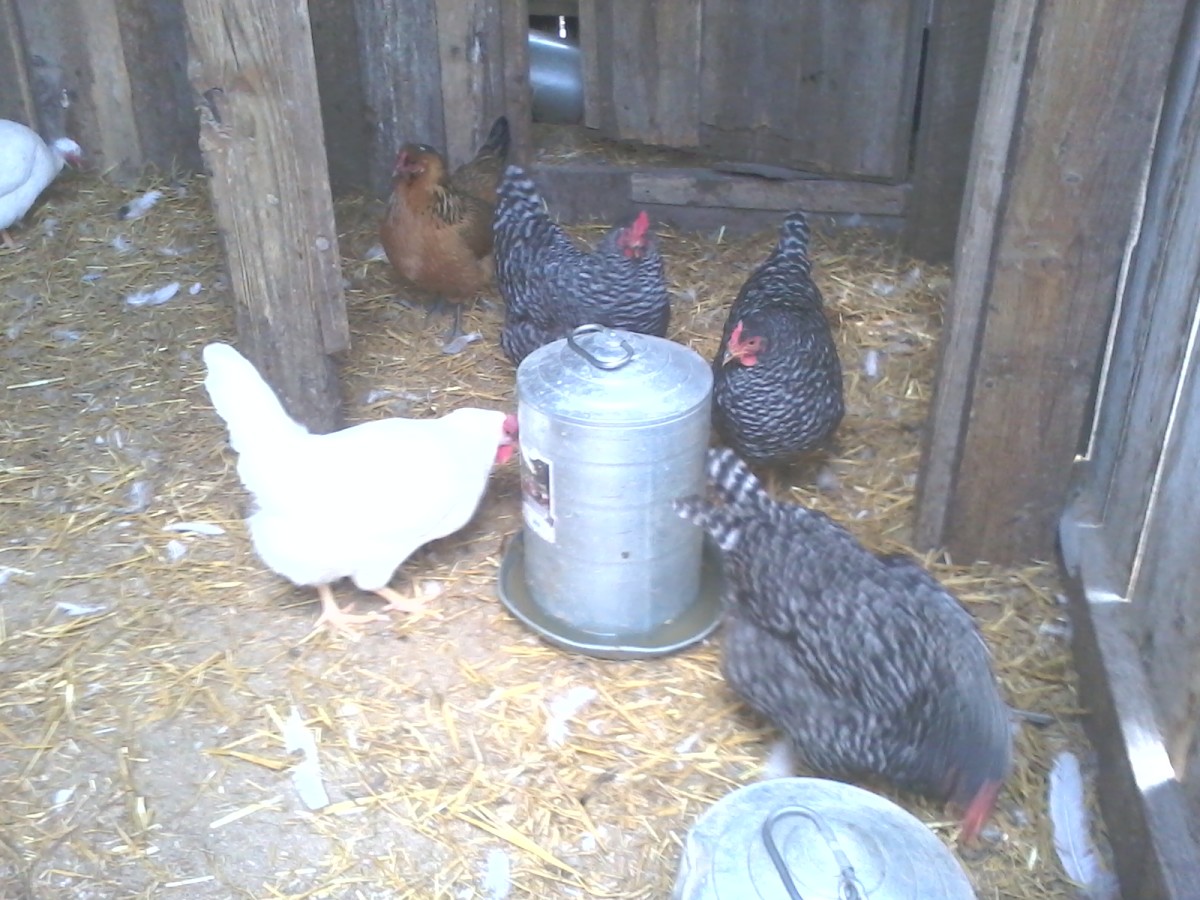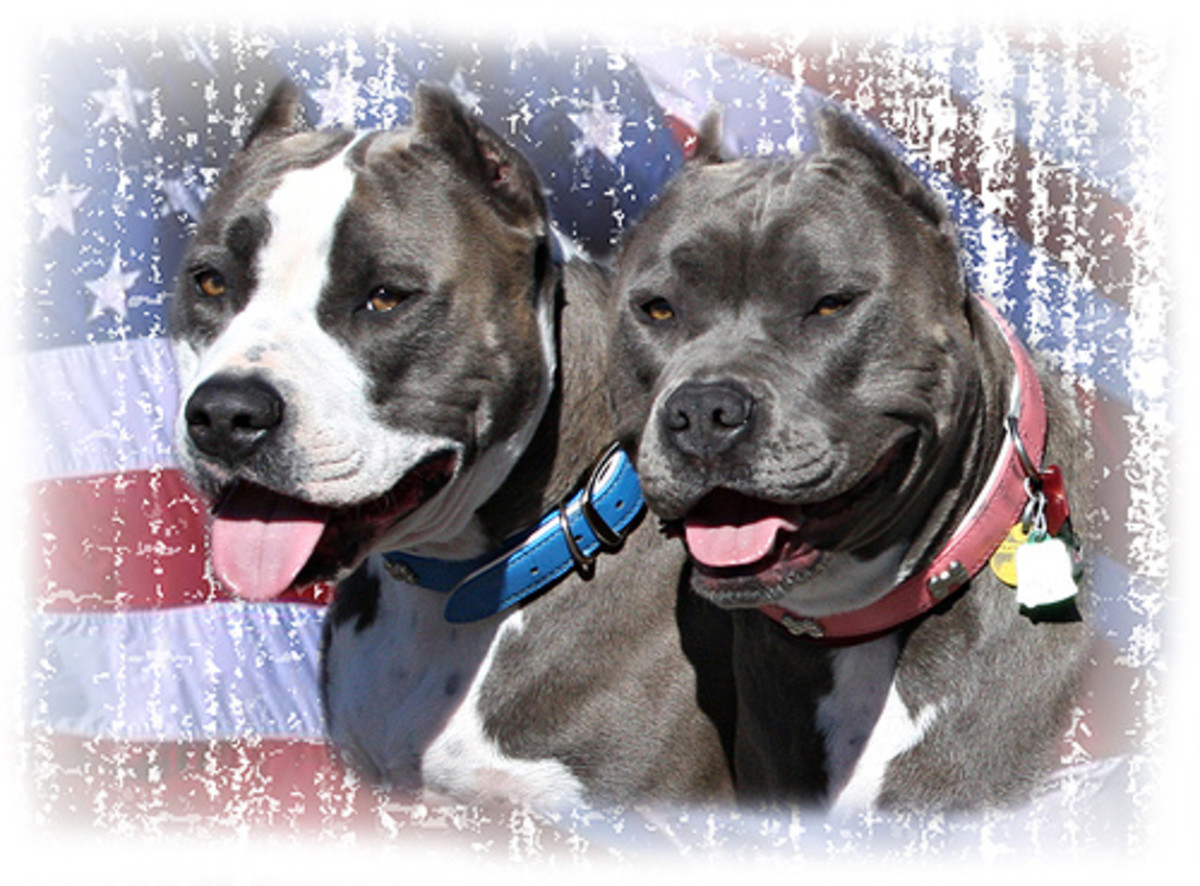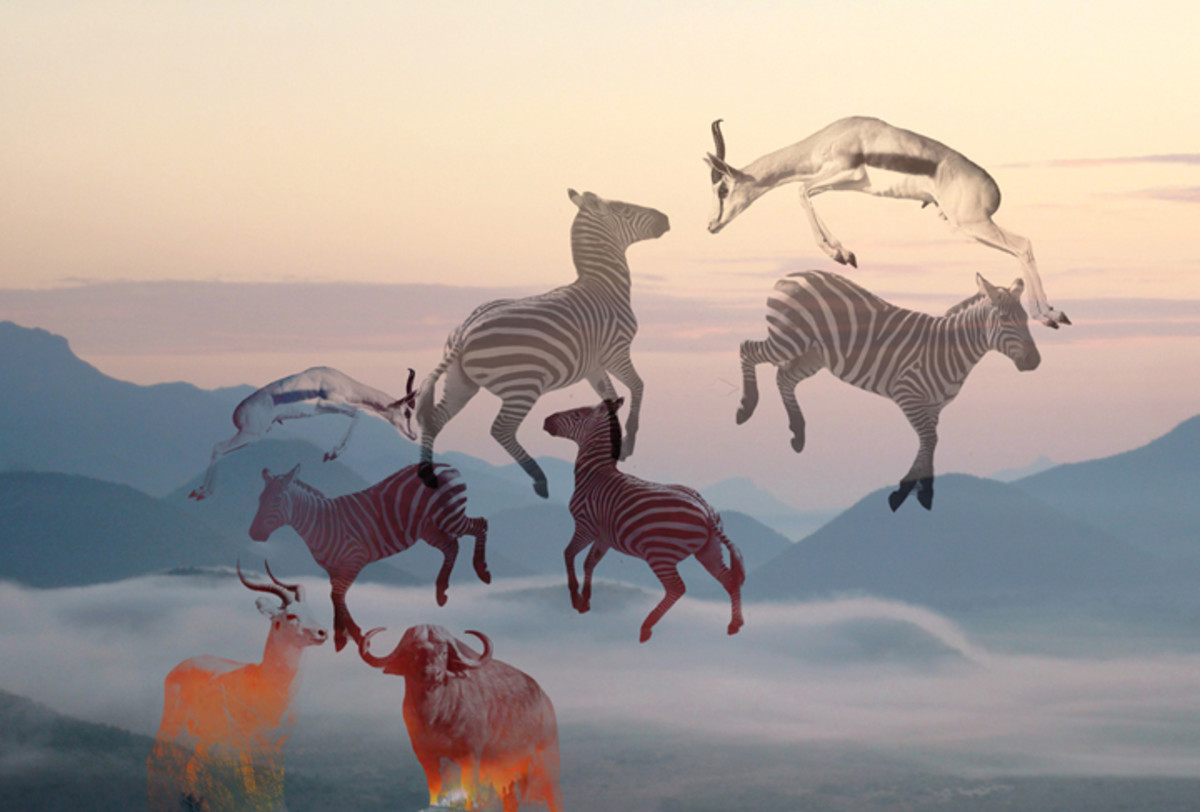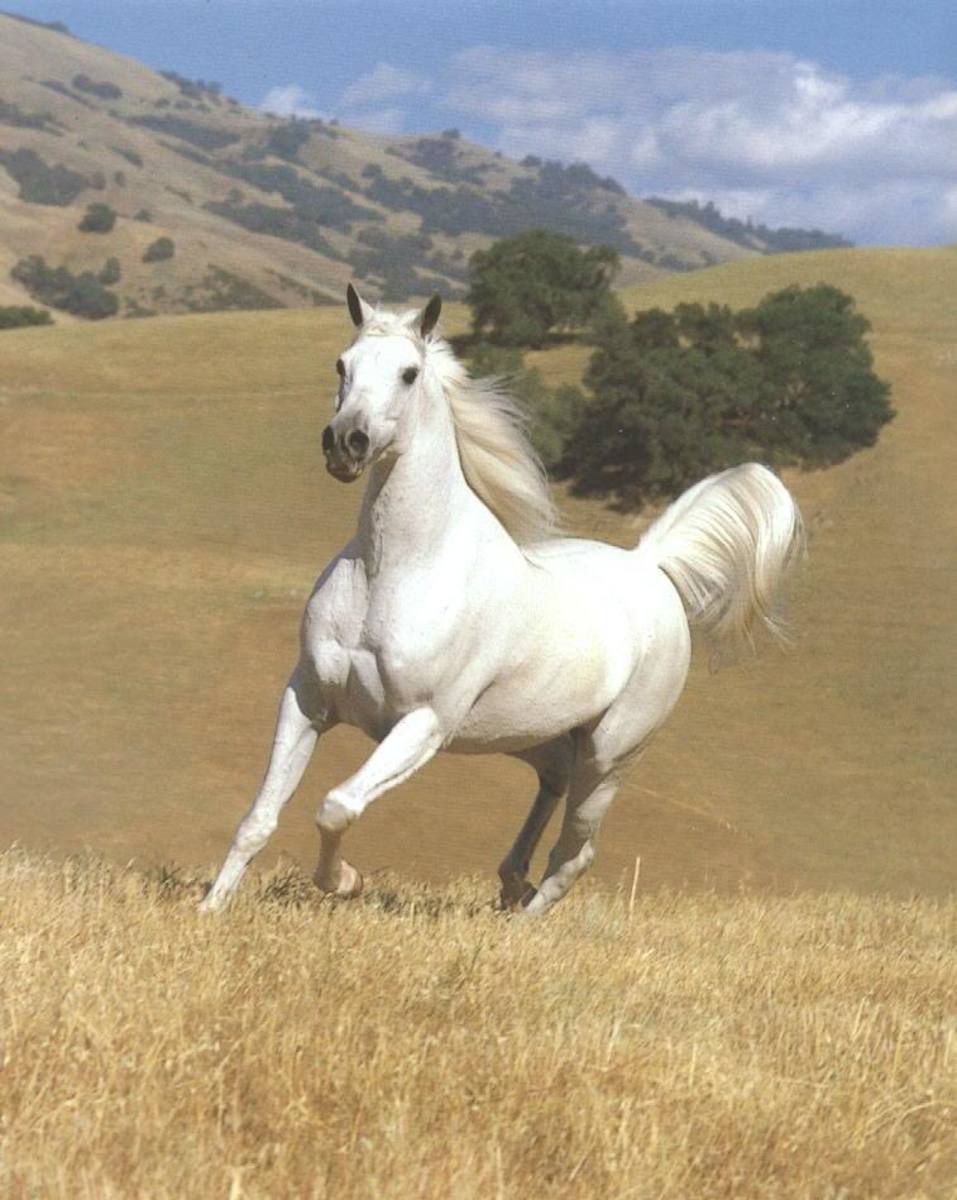Vegan. What? Why? and How?
“The question is not, Can they reason? Nor Can they talk? But, Can they suffer?" Jeremy Bentham.
Vegan. What? Why? And how?
6 months ago, I made the best choice of my life. Becoming vegan was never anything I thought I would do, ever. I loved meat, eggs and dairy, but now that I know what eating, these products requires, and the effect that supporting these industries has like, I can think of little worse.
Telling someone you're a vegan can evoke some pretty strong views, that can often end up being wrong or misunderstood. And I can relate, I used to believe all the stereotypes about Vegans. This fear or opposition is mainly due to the majority of people following an omnivorous diet and little information about alternatives reaching the mass public. Most dietary education is industry funded anyway! Let me guess, Where do you get protein? Whats wrong with dairy and eggs? Don't you miss burgers? Or, Its not natural? So I will try my best to fully explain my decision, and tell you why I think Veganism or a plant based diet is something we should all open our minds to.
What?
To start, what is Veganism and what does it mean to be Vegan. Vegans do not eat any product that comes from an animal, we also do not wear any animal products like leather or wool, use any cosmetics containing animal products, buy anything tested on animals, or exploit them in any way. It is almost impossible to be fully vegan in a non-vegan world due to hidden ingredients etc, but we all try our best to cause as little harm as possible to other earthlings. That is the underlying aim. Before you start reading, I would urge you to open your mind and ask yourself the question, can I really love animals, yet eat them, wear them and support their abuse and murder?
Why?
After working at a "Free Range" egg farm in my village I have seen the horrors of the animal industries first hand and know the lies I was fed over my life about what I eat. I started asking myself, "Who told you to eat the corpses of dismembered animals and things that come out of their bodies? Who stole your compassion, your empathy and your conscience? Who lied to you? Why do you embrace such meaningless violence and then make inane rationalisations about the suffering of innocent creatures?" What truly changed my mind is when I found out that we don't need this violence to happen, for anything other than to prop up the growing meat, dairy and egg industry, (which by the way is funding governmental dietary plans), or to provide people with a brief moment of taste satisfaction. Is your taste and pleasure for 5 minutes worth more than the life of an innocent, sentient being, that feels pain and emotions just like us? This day and age, farming and slaughter is so commercialised, that there is a huge disconnect between the consumer and the reality of their meal, and many people simply don't think about it. We call cow skin, "Leather" and pig flesh, "bacon", again highlighting this disconnect. If people had to kill the animal themselves very few people would eat meat. The global atrocity of eating animals, murders more innocent beings in one year than all human atrocities combined! Worldwide, around 80 billion land animals and over 1 trillion marine animals are killed and eaten every year.
Meat.
The consumption of meat (animal flesh) is the most obvious injustice to many people, hence Vegetarians. People in general seem to relate to this more than Veganism, mainly because they see Vegans as extreme or unhealthy. Whats extreme about choosing compassion of cruelty? Pigs, chickens, cows and fish, are murdered for no reason at a fraction of their natural life span, and that life that is too often, too cruel. Since the day they were created by man, their date of execution is decided and their fate is sealed.
Pigs and cows are mainly murdered by captive bolt gun and then slitting their throat. These are not always effective in quick death and pigs especially are often boiled alive in the scalding tanks to remove bristles. Other methods are gas chambers, stunning, or halal slaughter by slitting their throats in a frame to keep them still. All of these so called "humane" methods of slaughter cause the animals harm and distress in some kind, not to mention the long journey in a cramped truck and then being electrically shocked to force them into the slaughter house. I would argue that humane slaughter is impossible, simply because no matter how "nicely" it is done, the act of murder is evil and inhumane by default. How can you humanely kill an animal that doesn't want to die? Just like how there is no humane rape, or murder in human law systems. They can smell the death and hear the screams, they know what is going on. Even the farmers know this. One pig farming website said, "They know whats happening, so to get them off the truck, poke them in the eye with the electric rod". These innocent animals are abused and mutilated from birth. Male piglets are mutilated in four horrific ways, first, they are held upside down as their tails are cut off without anesthetic because tail-biting is common in the overcrowded, unnatural conditions of today's farms. Then each baby has 2 to 8 teeth cut off right down to the gumline with a pair of wire cutter like devices so when they fight and bite each other down to stress, they have no teeth to damage each other's flesh. Cutting teeth on the babies allows the mothers to nurse even more piglets (who will eventually be killed for profit) because when babies suckle on their mothers without teeth, wear and tear on the mothers' nipples is kept to a minimum. Piglets also have portions of their ears ripped out to mark them. It's called ear-notching. Finally, in a sick attempt to pacify anger, testicles are ripped out without any anesthetic. Many female sows are kept in so called "sow stalls". These are extremely cruel and torturous cages that the female mother "sow" is kept in to stop her crushing the weening piglets needed for their flesh when they grow up. This horrific practice is banned in the EU after the first 4 weeks of the piglets life, but this rule is widely ignored and is a controversial issues between farmers and EU regulations. Many other countries have no restrictions on this practice.
Sheep are killed in a very similar way to cows and pigs, except they also go through monthly abuse by often brutally having their wool sheared by farmers who rush to get more wool, and thus more money. When they rush, and treat the sheep very badly, often cutting skin, udders, or genitals. Not to mention the horrible premature slaughter of young, innocent lambs.
Chickens are among the most abused animals on the planet. Once chicks reach their farms they are fattened up at an alarming and hugely unnatural rate, causing bone and respiratory problems because their bodies simply cannot take their own weight. Factory farms stuff anywhere from 20,000 to 80,000 birds in each warehouse and many farmers cram a few thousand more hens in than allowed, as it maximises profits and is hard to regulate by governmental bodies. For chickens bred for meat, after just 41 days of living in faeces and urine, in a dusty shed and small outside space (if free range) they're killed. The birds get their delicate legs hung in a frame upside down, and then they either have their throat slit on a conveyor over a rotary blade or are dipped in an electric bath. Many miss the blade and are boiled alive. The birds are then soaked in a chlorine bath to remove the slime and odour from their carcasses and shipped to the grocery store, destined for your dinner plate.
Other birds like ducks, turkey and geese are farmed and killed in a similar way to chickens, except the geese in particular can be subjected to a process of having feed forced down their throat in a huge metal rod, simply for a better taste. This is called "foie gras".
Fish and other marine animals are killed at incomprehensible rates. In my opinion all fishing is over fishing, and farmed fishing is torture for the for them from birth until there deaths. They feel pain and fear just like us and are often left out in the air to suffocate and die slowly, as this is the cheapest and most effective way to kill huge numbers of fish.
Why would I ever want to pay someone to do this to an innocent being? Well, we certainly don't need meat to survive, not just survive but thrive! Throw out the misconceptions about vegans as weak, deficient people, we can be weak or we can be strong like anyone, but it is arguably harder to be an unhealthy vegan than a healthy omnivore.
Dairy.
Dairy, in my opinion, is more cruel, and abusive than the meat industry. For cows to produce milk, they need to be pregnant, it is not produced constantly. Due to this the dairy farmer will forcibly impregnate the cows with a huge metal rod and bull sperm, sometimes even the famers arm. If this was a human it would be rape, hence the agricultural term for the apparatus used, the "rape rack". Once the cow has given birth, within a period of 24-48hrs, the new born calf is taken away from its mother, to stop the calf drinking the milk made for it, causing extreme distress for both mother and calf. The dairy cow goes through this process of rape and kidnap very few months, all the time having 40% more milk than naturally would be used, forced out of them, three times a day. About one-third of all dairy cows have painful infections on the udder called mastitis, which secretes blood and puss, which is not removed from milk, only pasteurised. Somatic puss cells are kept to a minimum of 1 million cells to a litre of milk, just so theres not too much puss, because people might start asking questions if there was too much puss! After an average of 4 years the female becomes so mentally damaged and physically weak that she collapses, or gives up completely. At this point she is dragged, screaming into a truck and taken to a slaughter house, to be murdered for beef. What a life!
If the calves that are bred throughout the diary cows life are male it will be either shot within a few days as they can't produce milk, or chained in a tiny crate and fed an iron deficient diet for 3 months. The male calves are then killed for veal, so if you think veal is wring, stop consuming dairy. The male cows movement is kept to a minimum to make the meat extra tender, because thats what really matters! If the calf is female she will go back into the diary industry and be forced into the same horrific fate as her mother. This is an industry that not many people fully understand, if they did they might think twice about their purchase and consumption of dairy produce.
Eggs.
Egg farms, like dairy and meat industries, continually breed birds so they have a fresh supply of hens to lay eggs. These hens are treated awfully and thrown into tiny crates and transported in these crates for hours to the farm. If babies in the hatchery turn out to be males, they're considered useless by-products, simply because males don't lay eggs. When they are sexed on a huge conveyor belt of innocent baby chicks the male chicks are tossed alive into either a huge bin bag to be gassed, suffocated while crying out for their lost mothers, or thrown alive into huge rotary blade machines so they can be ground-up and used as feed for other animals. The female chicks have portions of their beaks burnt off while they're fully conscious to prevent them from pecking each other in their overcrowded environments. The beak mutilations keep the profit levels high because injured hens are inefficient egg-layers. Non free-range eggs come from birds trapped in cages the size of A4 paper, with 4-6 other birds They are never kept alive for more than 2 years as they stop producing enough eggs for a good profit at that point. They are then killed at a fraction of their natural life span, 10 years. These damaged and spent birds are used in "low grade" meats like pet food. If nothing else, like dairy, eggs are not only cruel but gross. They come from the multi- purpose hole called the cloaca, this hole producer, faeces, urine, eggs and vaginal fluid. An egg is also the period of chickens, why is this considered food? I don't find hens periods too appetising.
The Free range, Organic, illusion.
All animals raised on free-range/organic/cage-free/grass-fed, most commonly chickens, ultimately fare no better than those held captive in huge factory farm facilities. That's because when it's time to sell their bodies for consumption, all animals, including those killed via religious based kosher and halal meat's, are murdered and chopped up into pieces at a slaughterhouse. These slogans mean nothing to the animals, yes their quality of live may be better but they are still murdered at the end of it. Free range hens are still kept in huge, cramped dusty barns with dead hens and excrement everywhere, for about half of their short lives. They are let out into a small outdoor space during the day, however if it rains or is deemed bad weather, the farmers will keep them indoors. Similarly if any disease has an outbreak nearby, like bird flu (which only exists because of farming) farmers will have to keep them inside until safe, causing the situation to become nearly as bad as caged birds. In the barns the birds will either walk on a plastic floor with draining holes in, which damage their feet, or a muck floor area full of faeces. A free-range egg barn could hold anywhere from 20-80,000 birds, which is far from a nice, natural environment for them. Due to the crammed and dirty conditions, many birds loose their minds, and feather pecking or eating the dead hens is more than common in "happy hen" barns. It's needless to say that this behaviour is not natural and is purely stress induced. Free-range, grass-fed, organic cows, pigs or sheep will still spend half of every year (If they even live a year) inside a concrete floored barn in cramped conditions, due to regulations on having animals outside in poor winter weather.
Any of these terms about the quality of life an animal has is simply a tactic employed by the industry's involved to make people feel less guilty about there actions and to take them off the scent of their cruel practices. All of these animals will still have come from a cruel breeding farm, after being mutilated, dragged from their mothers, and sent in huge torturous transport trucks to the farm. And all of these animals will be killed at the end of their miserable lives.
Health and diet misconceptions.
A humans anatomy is scientifically proven to be more closely related to that of a herbivore, than that of an omnivore or carnivore. When humans and other herbivores bodies are compared to the bodies of genuine carnivores and omnivores the length of intestines in humans and other herbivores falls somewhere between 7 to 13 times the length of the torso section of the body. In contrast, the length of intestines in carnivores is only 3 to 6 times the length of the torso. A shorter intestine means that meat and animal based protein can travel quickly through to the large intestine and be excreted before it goes toxic or rancid. So when humans eat meat, it effectively rots in our digestive system. Not only this, but humans jaws move from side to side, unlike carnivores that only have vertically moving jaws, we have no claws, our canines are tiny when compared to real meat eaters and are for hard nuts and fruits, not meat. Try eating a raw steak, your teeth will won't work as well as a lions because your canines are not there for meat! The simple fact that we have them does not mean we must, or were made to eat meat. Research shows vegans have the best gut bacteria, the most protective, friendly species. On the other hand, meat-eaters have the most toxic bacteria, encouraging inflammation and producing harmful substances. A vegan diet can also help alleviate various bowel conditions and protect from bowel cancer.
A healthy vegan diet is packed with foods providing a wide range of nutrients that are easy on your digestive system, boost your immune system, help clear-up your skin and improve your mood. Studies show that vegans eat better than any other diet groups, have sufficient intake of all essential nutrients and lower risk of many diseases. Heart disease (high blood pressure, high cholesterol, narrowing of arteries, stroke and heart attack) is much less common among vegans compared to the rest of the population. And not only can a vegan diet help prevent heart disease (the worlds biggest killer of humans), it can also treat it! Cancer is a major threat to our health today but a vegan diet can significantly reduce the risk of cancer in general, mainly breast, and colorectal cancers. Recently the world health organisation classified all processed meats as carcinogenic, red meat and white meat were also classed as carcinogenic. Processed meat is in group 1 with asbestos and plutonium, red and white meats were classed as group 2.
Vegans have a much lower chance of developing diabetes and many clinical trials have demonstrated that a low-fat vegan diet can reverse type 2 diabetes. A wholesome vegan diet can decrease your risk of dementia and Alzheimers disease. A vegan diet is full of healthy foods that give you plenty of energy, most of all, complex carbohydrates that release their energy gradually and our bodies are made to run on them. So much so that countless athletes have turned to a Vegan diet to improve their performance. Cutting out dairy often helps to clear out airways and a Vegan diet can significantly improve the health of asthma sufferers, reducing the frequency and severity of asthma attacks, and also reduce your risk of developing a range of other chronic airway diseases and protect your lungs. Vegans are the absolute winners in terms of healthy weight. You can eat to your hearts (and stomachs) desire as a vegan but, because of what you're eating, it's much easier to maintain healthy weight. But don't worry about being too skinny, research consistently shows that vegans don't tend to be underweight either and when you realise how much delicious food you can eat, it's no wonder!
In terms of dairy, we do not need cows milk anymore than we need giraffes milk, it is for baby cows, not humans. Why would we drink the growth fluid designed for a cow! When we drink it, we drink the growth hormones contributing to many cancers, the puss, the antibiotics, and the stress. There is nothing that we can get from cows milk that can't be sourced anywhere else in abundance from the plant kingdom. The reason people say that they love cheese in particular, too much to not eat it, could be because their actually addicted to it. Believe it or not cheese contains caso-morphin (casein) which is designed to form a bond between the mother and calf and keep the calf returning to the mother to stay nourished. So when we eat this addictive chemical it works in the same way. It sends signals to the same part of your brain that heroin does, obviously it is no where near as strong, but its powerful enough to keep you going back to cheese time after time.
Drinking cows milk for calcium, or eating meat for protein is like eating mud for water. In terms of protein, well, there is really no issue. Why would we filter our protein through the body of an animal when we could go straight to the source, the plants! Because after all, all protein comes from plants! Oats, lentils, beans, nuts and tofu for example are all great sources of protein, without killing any sentient beings or eating their unhealthy flesh. It's no wonder there are so many Vegan body builders and athletes.
Environmental impact.
If you care about the future of the planet or feel compelled to take action on issues affecting the planet, like greenhouse gas emissions, I would recommend you leave animal products off your plates. Animal agriculture is responsible for 18% of global greenhouse gas emissions, which is more than the emissions from every vehicle in the world! Cars, buses, trains, planes, boats etc. Which equates to 13% of all greenhouse gas emissions. So this simple change can have a huge impact on global warming and climate change. In addition to this, animal agriculture's main gas emission is methane, which is 25-100 times more destructive than CO2 on a 20 year time frame. Livestock is responsible for 65% of all human related emissions of nitrous oxide, a greenhouse gas with 296 times the global warming potential of carbon dioxide, and which stays in the atmosphere for 150 years. The use of water is also a huge issue. One beef burger uses 660 gallons of water in total to produce. Additionally 477 gallons of water are required to produce 1lb. of eggs; almost 900 gallons of water are needed for 1lb. of cheese, and 1,000 gallons of water are required to produce 1 gallon of milk. Most of this water goes to growing the feed and providing water for the animals. Every two to three seconds, some human (most often a child) starves to death, while pigs and cows continually get fed way more than they need to provide more meat for us. Even the Council for Agriculture, Science and Technology, a group composed of people involved in animal agriculture, acknowledges that 10 billion people could be fed with the available crop land if everyone became Vegan.
One acre of land can yield 30,000 pounds of carrots, 40,000 pounds of potatoes or 50,000 pounds of tomatoes. However, one acre of land can yield only 250 pounds of meat. It's not just farm land that is being used at an alarming rate, but the rainforest is too. Livestock or feed covers 1/3rd of the earths land. Over 91% of Brazilian amazon destructions is down to animal agriculture, and feed crops. Every second an acre of rainforest is cleared for animal agriculture. Every second! Not to mention the oceanic impact. As many as 2.7 trillion animals are pulled from the ocean each year and for every 1 pound of intended fish caught, 5 pounds of unwanted species are caught as, by-kill, like sharks, dolphins and turtles. If this same situation happened on the African plains for example with Tigers and Rhinos instead of fish, no one would stand for it.
Furthermore, livestock operations on land have created more than 500 nitrogen flooded dead-zones around the world in our oceans, where there is next to no Martine life. The oceans are absolutely imperative for our survival as a species, we should protect it! Animal agriculture is also the leading cause of species extinction due to all of the reasons above. That is something lots of people feel strongly about, yet don't always understand the causes.
How to make the change.
I can honestly tell you, that going vegan was so much simpler and easier than I ever thought. In this day and age we can get a incredibly huge variety of nutritious and delicious whole foods, like vegetables, fruits, grains and legumes, as well as fantastic vegan alternatives to non vegan food. Everything you enjoy now as a non-vegan can be replaced with something nearly as good, if not better than the original. For example plant milks (almond, cashew, soya, rice), vegan meats made mainly with wheat gluten, cakes, ice cream. If a vegan meal os not available ready made in a supermarket, there are millions of great recipes of vegan versions of popular meals online, like lasagne or pizza. However I think a lot of people don't crave meat, eggs or dairy, because as a vegan you don't really see another choice when you realise the horrendous impacts that this has on the victimised animals, your health and the environment.
So overall, by eating or wearing animal products, we support an industry , where billions of animals are abused, enslaved and murdered for no reason other than profit We don't meat, or any animal product to survive, in fact quite the opposite. It also has a huge effect on the planet and is the biggest thugs that you as an individual can do to limit climate change. We are all against animal harm, and many people say they love animals while still eating them. We believe humans are logical, rational, intelligent and compassionate beings yet we allow this to happen.
Please, follow your heart, not your habits. Choose compassion, love, kindness, respect. Not cruelty, death and destruction.
Please, choose vegan. Thank you.
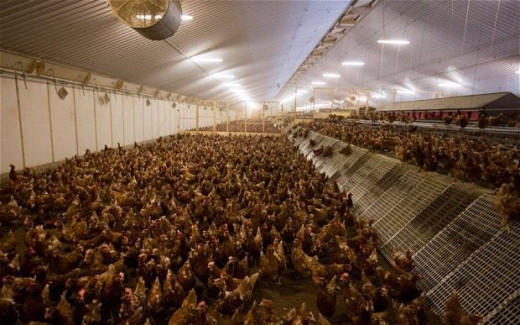
Further information. Next Steps.
I would recommend researching the following;
Websites:
www.peta.org.uk
www.happycow.net
www.mercyforanimals.org
Films and documentaries:
Earthlings (Free to watch online)
Cowspiracy (Netflix)
What the health (Netflix)
Forks over knives (Netflix)
Okja (Netflix)
Land of hope and glory (Free online)
Activists:
Gary Yourofsky
James Aspey
Earthling Ed
And to make a vegan 22 day pledge, and receive a free mentor, sign up to:
www.challenge22.com/challenge22


